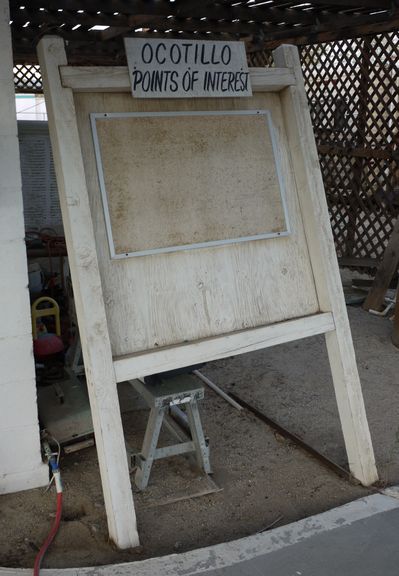I’d been careful to obscure my own opinion, at least on the most contentious aspects. Instead open questions. And a few suggestions. Surely, I’d asserted, Corrections was part punishment part rehabilitation. A sliding scale, for the individual to decide where he or she set the balance. The inference of long sentences – the likes of twenty five to life – and the death penalty – being a strong bias towards retribution rather than a reintroduction into society.
Presumably, I’d added, that whatever the justification, however well-founded it might or might not be, those supporting State Executions accepted mistakes would be made. Innocents will die. An inevitable consequence. There is, after all, an extensive criminal appeals process. Self-evident recognition that juries, judges and lawyers do get it wrong. Both at trial and when challenging the outcome. And, for my own part, I said smiling, I’d never rated posthumous pardons.
Further adding Capital cases do not suddenly make for a perfect process. Juries are no less fallible. And it is a process. An adversarial one. Winning and losing rather than a search for the truth. I’d made it clear that this wasn’t necessarily a bad thing. Maybe just the best we had. It was just important to see it for what it was, to realise its limitations, its scope for error. And the appeals process is also just that. Another process. With its own flaws and limitations.
But if he’d expected me to assert the argument that the death penalty doesn’t deter, he was to be disappointed. There’s bodies of evidence to support this assertion, but I was disinclined to offer it because it was a spurious point. Hard to argue State Executions are essentially anything other than retribution.
I’d eventually drawn our conversation to a close on what I thought might be a less contentious note. Jury nullification. Whereby members of the jury set aside the evidence, the Prosecution’s arguments and assertions, directions from the Judge. Instead substituting determinations that they believe are instinctively the right ones. If you happen to agree with the outcome of their deliberations you’d call it common sense. If not, misguided amateurism.
Explaining that I rather liked the idea of jury nullification as a protection against ill-conceived or even malicious prosecutions. True, it wasn’t unknown in the English legal system. I touched briefly on the Clive Ponting case. But, unlike the US, the law precluded jury members discussing the deliberations with others. Even bona fide academic studies into the operation of juries were prohibited. So we’d never really know how prevalent nullification was in the UK.













